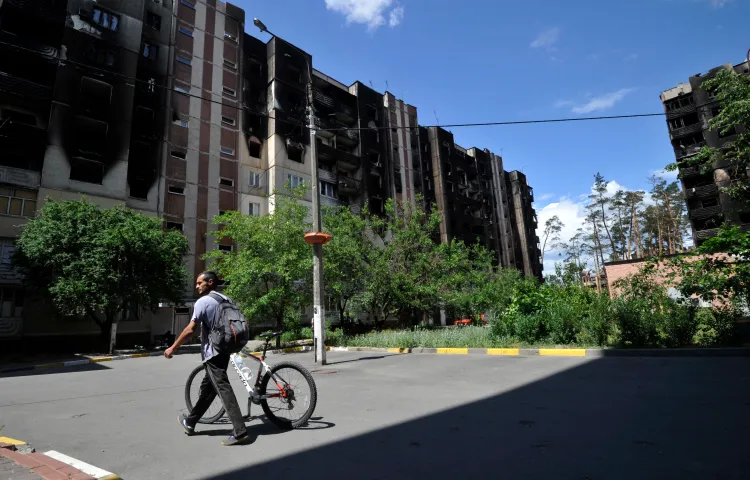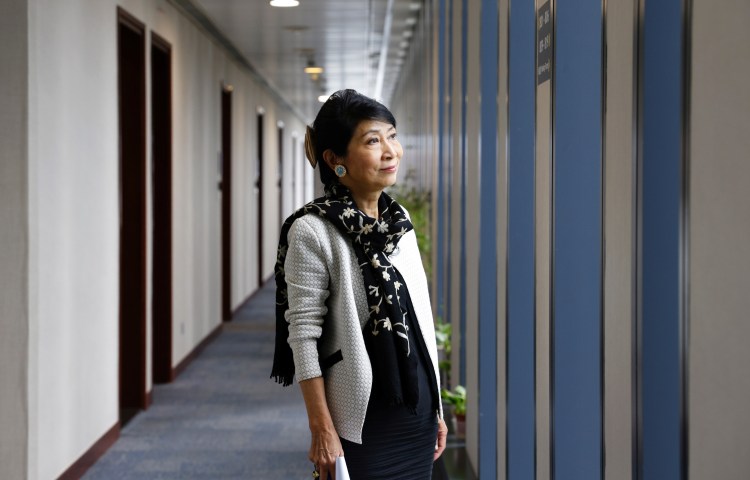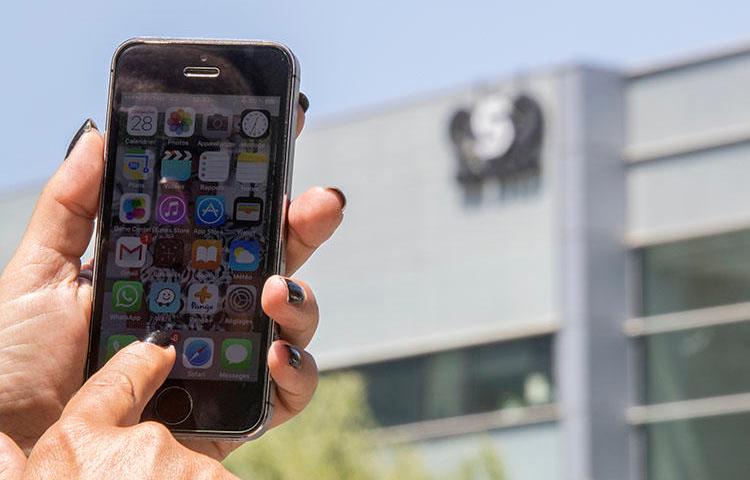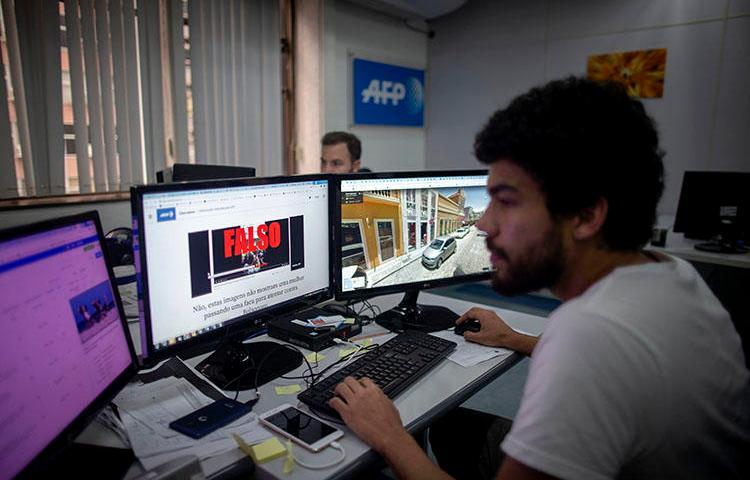
Burkina Faso journalists Lamine Traoré and Ahmed Newton Barry threatened via WhatsApp
Lamine Traoré, a reporter with the privately owned Radio Oméga, and Ahmed Newton Barry, former editor-in-chief of the privately owned newspaper L’Evènement, received separate, anonymous threats via WhatsApp groups in early December 2022, according to press reports and both journalists, who are based in Burkina Faso and spoke to CPJ by phone. Traoré, who also…

CPJ joins letters urging U.S. government to hold NSO Group accountable on spyware
The Committee to Protect Journalists joined human rights and press freedom organizations in separate actions in August urging the United States government to hold NSO Group accountable for providing Pegasus spyware to governments that have used the tool to secretly surveil journalists around the world. In a joint letter to Acting Solicitor General Brian Fletcher…

Sierra Leone journalist Sorie Saio Sesay detained for 6 days
Abuja, June 14, 2022 – Authorities in Sierra Leone should drop their investigation into journalist Sorie Saio Sesay, return his mobile phone, and allow him to work freely, the Committee to Protect Journalist said Tuesday. On May 26, police officers in the northwestern town of Kamakwie arrested Sesay, a reporter with the privately owned Okentuhun…

Russia-Ukraine watch
How the war is affecting press freedom in the region Updated June 16, 2022 Russia’s February 24 full-scale invasion of Ukraine marked a sharp escalation in threats to press freedom in the region and beyond. Journalists in Ukraine have been killed covering the war, while many of their Russian counterparts have fled or faced persecution….

WhatsApp Head Will Cathcart: The spyware industry is undermining freedom
Will Cathcart is the chief executive of WhatsApp, the downloadable messaging app used by millions around the world as a primary means of communication. WhatsApp offers end-to-end encryption, meaning messages shared via the platform are, under normal circumstances, highly secure—a feature that has made it attractive for journalists, human rights defenders, and other vulnerable users,…

Hong Kong cites encrypted communications with journalists to deny bail to former lawmaker
Taipei, May 28, 2021 – The Committee to Protect Journalists today condemned Hong Kong authorities’ decision to cite communications with foreign journalists as a reason to deny bail to former pro-democracy lawmaker Claudia Mo. The Hong Kong High Court cited Mo’s interviews and texts with reporters from The Wall Street Journal, The New York Times,…

After WhatsApp spyware allegations, Indian journalists demand government transparency
In the summer of 2019, Saroj Giri was preparing a lecture on the panopticon—an 18th century system to surveil an entire prison from a single viewpoint—when a message lit up his phone. It was from WhatsApp, warning Giri that someone had tried to hack the popular messaging app to spy on his cell phone remotely.

CPJ Safety Advisory: Journalist targets of Pegasus spyware
Pegasus is a spyware created for mobile devices which transforms a cellphone into a mobile surveillance station. Researchers have documented it being used to spy on journalists. This raises significant implications for journalists’ own security and that of their sources.

Indian journalists reported among targets of alleged NSO Group WhatsApp hack
New York, October 31, 2019—The Committee to Protect Journalists is alarmed by news reports that several journalists in India have been notified that they were among the targets of suspicious WhatsApp contact that may have been used to install advanced surveillance technology on their phones. Facebook-owned WhatsApp this week said it filed a lawsuit accusing…
